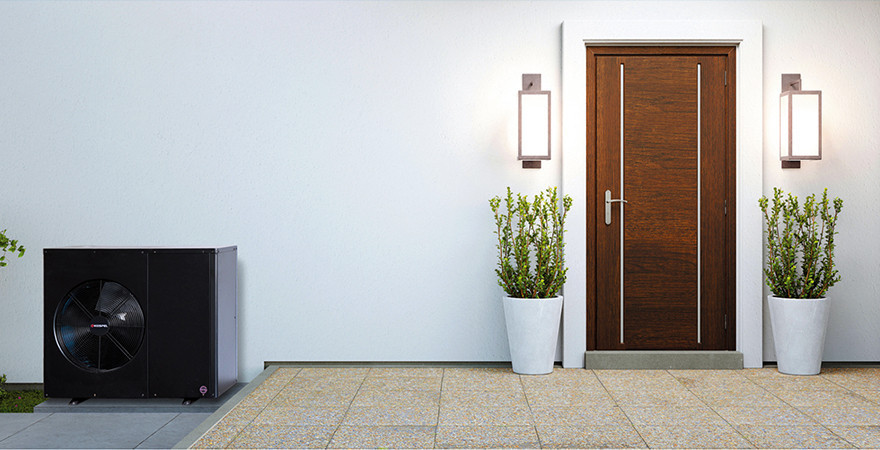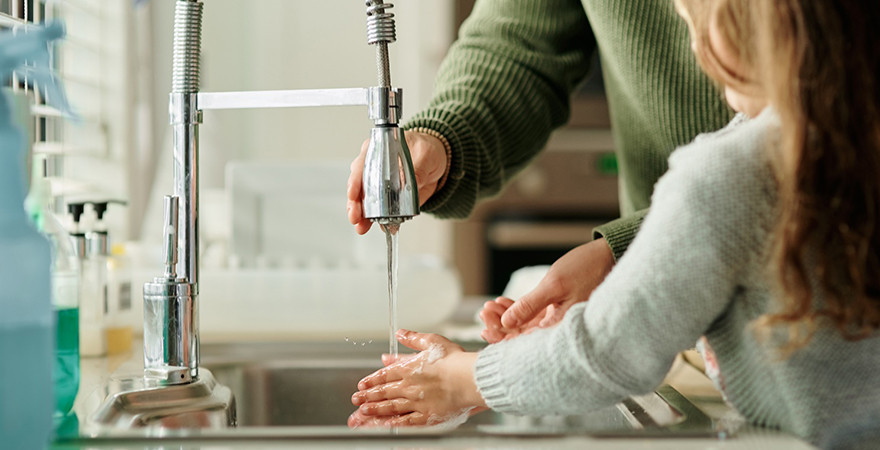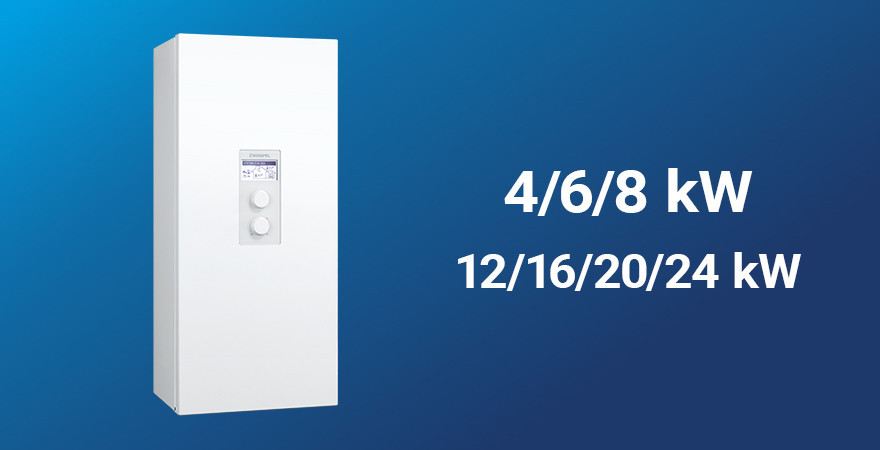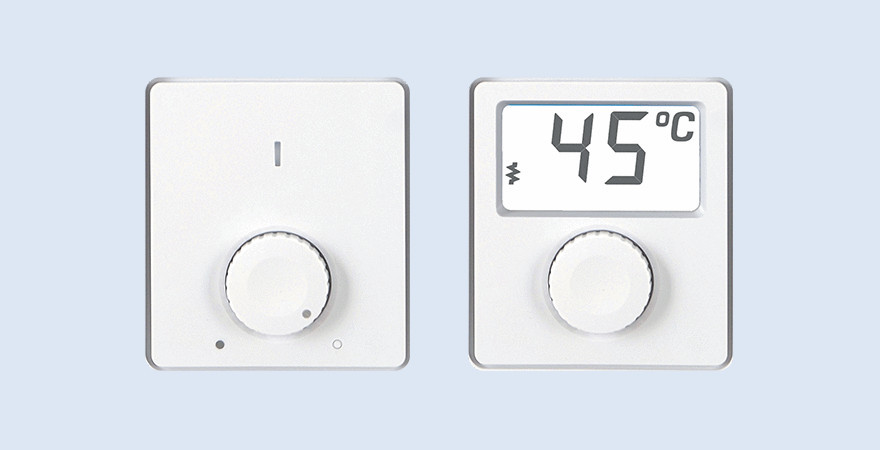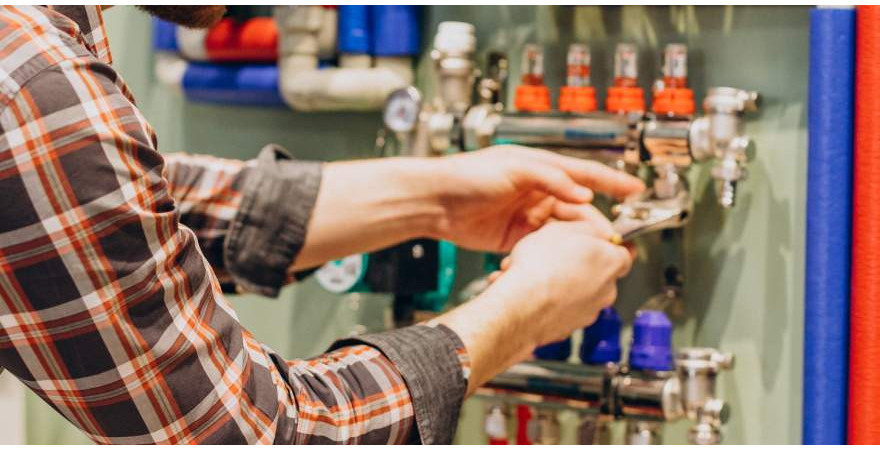
How to choose a heat pump. We show some selection mistakes.
Heat pump efficiency is a key selection criterion. The most common mistake is underestimating the pump power.
What does this lead to? Lack of efficiency. Imagine that you are thirsty and want to drink some warm tea. When you take a shot glass, you will barely quench your thirst, while drinking a 5-litre canister will not be a good idea either. It is exactly the same when you choose heat pumps – too powerful models increase costs, while those with too little power often result in the house being underheated during frosts. That makes the right choice of power so important!
Matching the pump power to the building
Now that you know that the pump power matters, you probably want to find out which heat pump will work best for your house. The energy demand of a building is determined by such factors as:
- external insulation,
- insulation of ceilings and partition walls,
- the use of energy-saving window and door joinery.
This means there are two options – either commission an energy audit of the building, or make estimates yourself according to your own information about the building. Remember that errors in such calculations actually affect the wrong selection of a heat pump. For this reason, it is best to use professional advice.
Mismatched heat pump
What are the consequences of a wrong selection of a heat pump for the building to be heated? Increased heating costs or low efficiency. If the heat pump power is much lower than the demand for heat, then the device may lose its efficiency and your house will simply be cold. It is also not good when the heat pump power exceeds the heat demand in the building. In the case of heat pumps, more is not necessarily better. Pump with too much power can frequently switch off and on. This in turn affects the service life of the pump and causes higher bills.
No buffer in the system
The importance of a buffer tank in a heat pump system is often underestimated. We would all like our devices to work smoothly and safely. The heat pump safety is ensured by its connection to the buffer tank in the central heating system.
The buffer tank works like a hydraulic coupling and allows the heat pump to significantly increase its service life.
You don't want to make mistakes that will cost you dearly when choosing a heat pump? Rely on professional advice. Then you can be sure that your heat pump meets the needs of your home – it will be neither too small nor too big.
 English
English 







